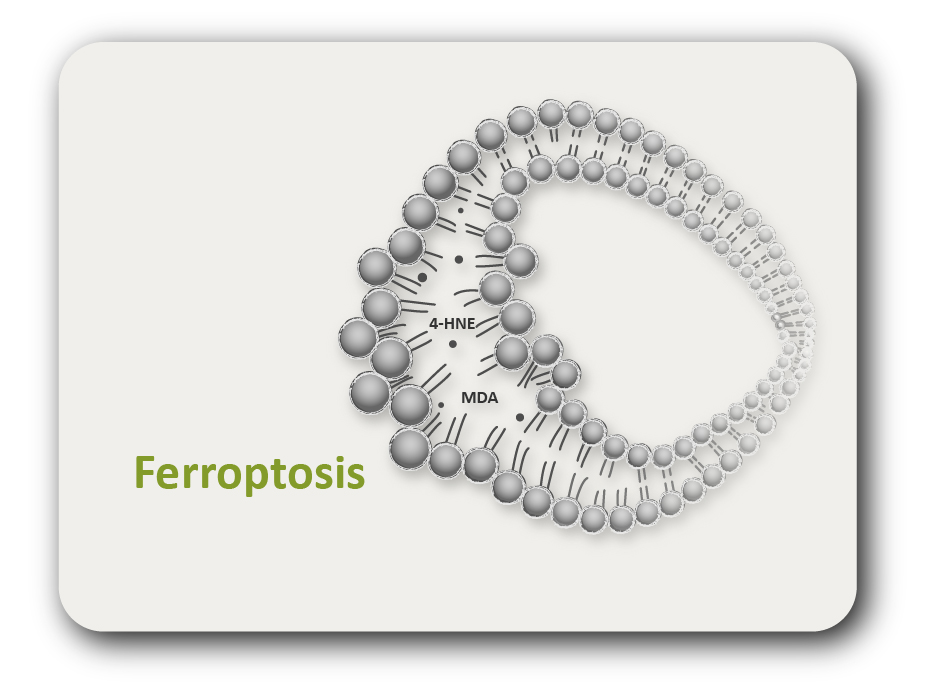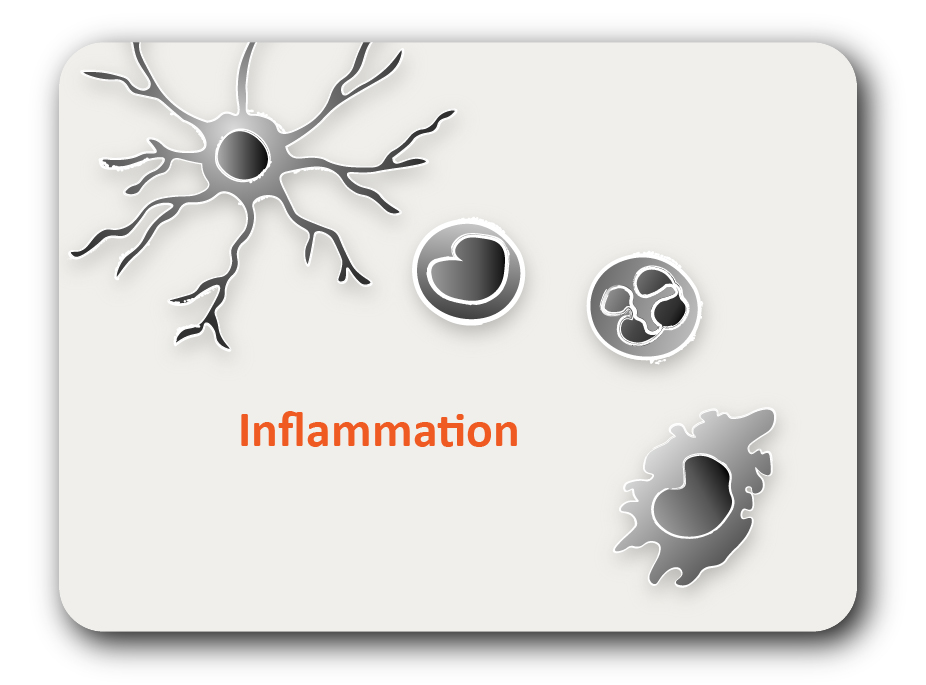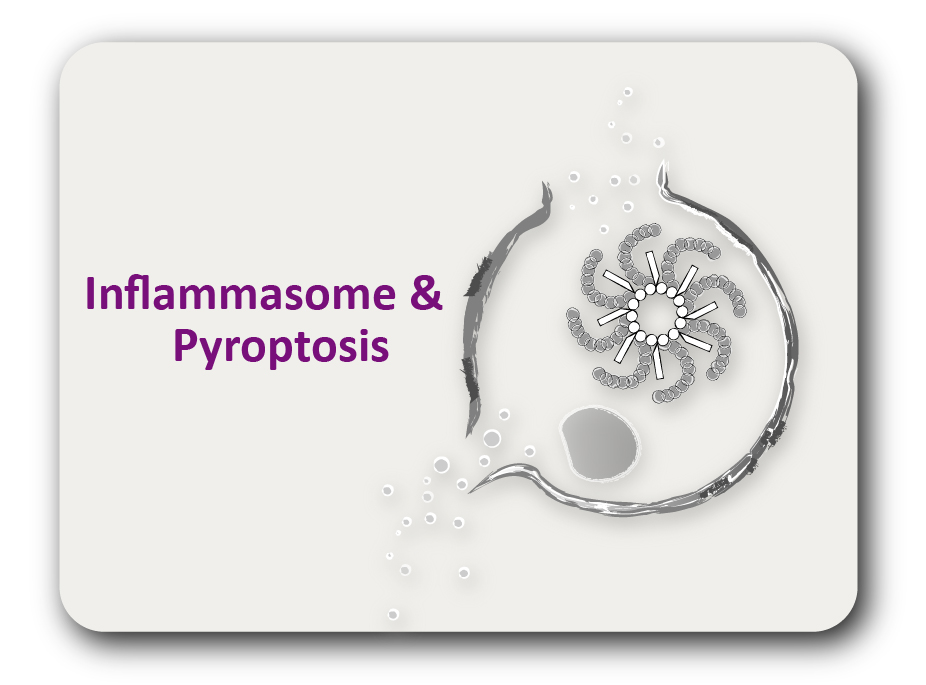ARG62398
anti-CD155 / Poliovirus Receptor antibody [D171]
anti-CD155 / Poliovirus Receptor antibody [D171] for Flow cytometry,ICC/IF,Western blot and Human,Monkey
Microbiology and Infectious Disease antibody; T Cell Intercellular Adhesion Molecule antibody
概述
| 产品描述 | Mouse Monoclonal antibody [D171] recognizes CD155 / Poliovirus Receptor |
|---|---|
| 反应物种 | Hu, Mk |
| 应用 | FACS, ICC/IF, WB |
| 特异性 | Does not cross-react with Rabbit, Rat, Mouse, Dog, Pig or Hamster. |
| 宿主 | Mouse |
| 克隆 | Monoclonal |
| 克隆号 | D171 |
| 同位型 | IgG1 |
| 靶点名称 | CD155 / Poliovirus Receptor |
| 抗原物种 | Human |
| 抗原 | HeLa cells |
| 抗原表位 | Amino acids 35 - 50 |
| 偶联标记 | Un-conjugated |
| 別名 | NECL5; CD antigen CD155; Nectin-like protein 5; PVS; Necl-5; HVED; Poliovirus receptor; TAGE4; NECL-5; CD155 |
应用说明
| 应用说明 | Flow Cyt: 1: 10-1: 1000; ICC/IF: 1: 10-1: 2000; WB: 1: 10-1: 100 * The dilutions indicate recommended starting dilutions and the optimal dilutions or concentrations should be determined by the scientist. |
|---|---|
| 阳性对照 | HeLa |
属性
| 形式 | Liquid |
|---|---|
| 纯化 | Protein G purified |
| 缓冲液 | 10mM PBS (pH 7.4), 0.2% BSA and 0.09% Sodium azide |
| 抗菌剂 | 0.09% Sodium azide |
| 稳定剂 | 0.2% BSA |
| 浓度 | 0.2 mg/ml |
| 存放说明 | For continuous use, store undiluted antibody at 2-8°C for up to a week. For long-term storage, aliquot and store at -20°C or below. Storage in frost free freezers is not recommended. Avoid repeated freeze/thaw cycles. Suggest spin the vial prior to opening. The antibody solution should be gently mixed before use. |
| 注意事项 | For laboratory research only, not for drug, diagnostic or other use. |
生物信息
| 数据库连接 | |
|---|---|
| 基因名称 | PVR |
| 全名 | poliovirus receptor |
| 背景介绍 | Polio Virus Receptor (PVR) is a member of Ig-superfamily with 3 Ig-domains in arrangement V-C-C. Plays a role in mediating tumor cell invasion and migration. Serves as a receptor for poliovirus attachment to target cells. Four mRNAs are produced from single gene for PVR, (mapped to human chromosome band 19q13.1-13.2). Two of the mRNAs (called H20A and H20B or alpha and delta) encode cell surface molecules of about 43kDa and 45kDa polypeptide backbone, respectively. Two other splice variants, beta and gamma encode secreted molecules of about 44kDa. The cytoplasmic tails are short (aa 35-50) and are rich in serine phosphorylated residues. |
| 生物功能 | Mediates NK cell adhesion and triggers NK cell effector functions. Binds two different NK cell receptors: CD96 and CD226. These interactions accumulates at the cell-cell contact site, leading to the formation of a mature immunological synapse between NK cell and target cell. This may trigger adhesion and secretion of lytic granules and IFN-gamma and activate cytoxicity of activated NK cells. May also promote NK cell-target cell modular exchange, and PVR transfer to the NK cell. This transfer is more important in some tumor cells expressing a lot of PVR, and may trigger fratricide NK cell activation, providing tumors with a mechanism of immunoevasion. Plays a role in mediating tumor cell invasion and migration. Serves as a receptor for poliovirus attachment to target cells. May play a role in axonal transport of poliovirus, by targeting virion-PVR-containing endocytic vesicles to the microtubular network through interaction with DYNLT1. This interaction would drive the virus-containing vesicle to the axonal retrograde transport. [UniProt] |
| 细胞定位 | Cell membrane |
| 研究领域 | Microbiology and Infectious Disease antibody; T Cell Intercellular Adhesion Molecule antibody |
| 预测分子量 | 45 kDa |
| 翻译后修饰 | N-glycosylated. N-glycan at Asn-120: Hex5HexNAc4. Phosphorylated by Src kinases on tyrosine residues in the ITIM motif upon ligation. Interaction with TIGIT is required for Phosphorylation. |
克隆号文献







